When you're applying to roles in Big Law or coveted in-house positions, you are, unfortunately, in very good company. As recruiters, we've seen firsthand how many well-credentialed attorneys can be up for a single role, and beating the odds usually comes down to being only marginally better than the competition. A 5% improvement in your resume, deal sheet, or interview strategy can make all the difference. And that's where our recruiters come in...
Resumes and Deal Sheets
Sarah Wallace, Managing Director:
"For associates: focus just as much on your deal sheet as your resume. The resume should be nuts and bolts (schools, years, degrees; companies, titles, locations, and dates) but the deal sheet is the place to distinguish yourself. Deal sheets also act as interview prep. The act of drafting them gets your memory going and helps you get ready to speak to the specifics of your experience."
Emily Witt, Managing Director:
"LESS IS MORE. Since we are consuming so much information regularly, I often advise on the resume to remove anything that might seem redundant or that might be difficult to tell on paper, such as your professional capabilities or soft skills. Remove the Objective (if one is listed) because it takes up space. Bullet points for the experience make the resume appear clean and simple. Listing Interests on a resume is helpful because when you go in for the interview, you might have something in common with your interviewer, or they might be interested in learning more about it. It serves as a great icebreaker!"
Wolf Konstant, Senior Consultant:
"An interview is all about establishing a connection and to that end I still like to see an Interests section/blurb in a resume. Your random hobby/experience may differentiate you from the competition and get an interviewer to start thinking of you as a colleague rather than an applicant."
Virginia Terry, Managing Director:
"For resumes: make sure the verbs at your current company are in the present tense, and every verb at a past job is in the past tense. Try to use strong verbs and avoid using the same ones over and over. Resumes can be boring... my advice is to try and make them easier and more fun to read!"
Interviewing at Law Firms
Taylor Miller, Managing Director:
"For interview prep, especially for someone's first, I break it down usually into three parts. The first is preparing to answer the question, in one form or another, as to why you're interested in X firm and/or why you're looking to leave your current firm. Part two is talking about all aspects of your background, especially as it is listed on your resume and Deal/Rep Matters Sheet. And the third is preparing questions specific to the interviewer, to the group, and to the firm more generally.
I will also, in some instances, go big picture to try and conceptualize the sell/basis for why the firm the candidate is interviewing at is a good move or at least interesting enough worth exploring."
Wolf Konstant, Senior Consultant:
"For the interview itself, it's all about preparation - draft out answers to expected questions and rehearse them until you are confident that you can answer without hesitation; do your research and have questions ready regarding the interviewer and the potential employer; make sure your lighting/background is all set when on video; don't forget to smile!"
Nadeen Shatara, Managing Director:
"Do your research and make sure you can articulate why you're interested in X firm. If you're listing something on your resume, make sure you can speak to it and provide examples that demonstrate whatever it is you're saying you do. If you have to ask if you should wear a tie... you should wear the tie."
Mahta Talani, Associate Director of Career Coaching:
"A really simple but useful trick for asking your interviewer a good question: Look at the profiles of the individuals you are meeting. If any of them worked elsewhere before joining their current firm, ask them what drew them to their current firm. Broad and a great segue question that can give you interesting information on the firm."
Adjusting Your Resume for In-House Roles
Kathleen Mon, In-House Lead:
"For in-house, one quick tip is to add short parentheticals or descriptions following the name of the employer to provide context for talent acquisition and hiring managers. Unless you worked for universally known household names like Google or Coca-Cola, this helps the people who would need to look up your place of employment to find out more. And, believe it or not, folks outside the legal industry have NO IDEA what the difference is between having been an associate at Wachtell, Lipton, Rosen & Katz vs. Cage, Fish & McBeal. Examples: Preeminent leading global law firm specializing in high profile M&A; Venture + PE-backed AdTech B2B SaaS company. For more inspiration, check out the 1-2 lined 'about' descriptions in Crunchbase."


